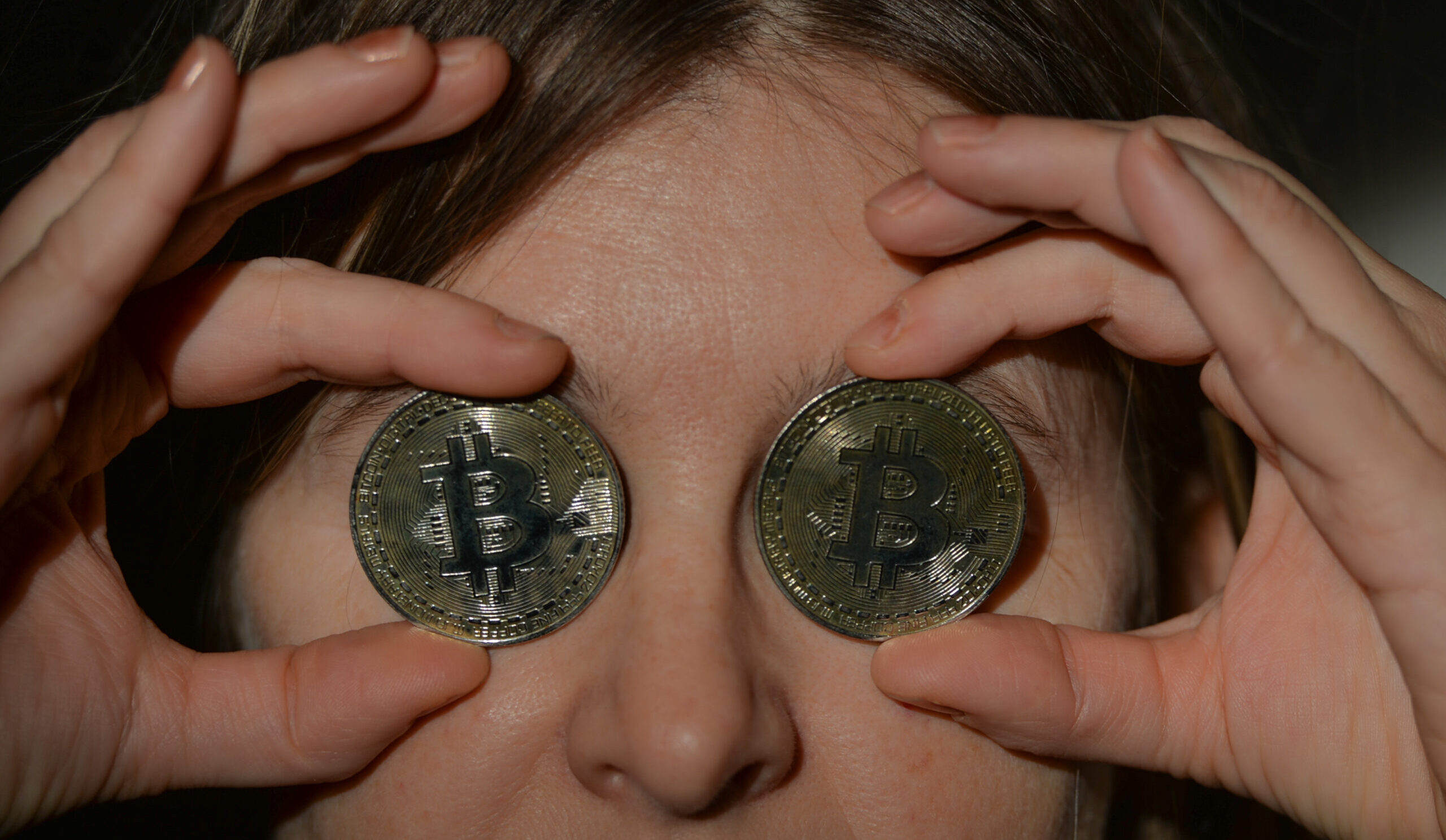Kernkonzepte
Sam Altman's Worldcoin project and the broader token economy are creating a dystopian future where digital tokens replace traditional money, leading to surveillance, control, and inequality.
Zusammenfassung
In a world where digital tokens like Worldcoin are gaining traction, the shift towards a cashless society raises concerns about privacy, control, and inequality. Sam Altman's ambitious project promises financial inclusion but risks further marginalizing vulnerable populations. The use of tokens not only blurs the line between money and identity but also introduces new forms of control over transactions and individual choices. As governments and tech companies embrace token economies, questions arise about who benefits from this system and whose values ultimately shape it.
Welcome to the cashless dystopia
Statistiken
Users received 25 free “Worldcoin” crypto tokens worth approximately $50.
635,000 Kenyans signed up for Worldcoin before the government halted operations.
Facebook announced launching Libra with a portable global digital identity.
Central Bank Digital Currencies (CBDCs) are being developed as a response to private tokens.
Former Maine governor criticized families receiving Temporary Assistance for Needy Families (TANF).
Zitate
"Tokens have limited fungibility: they come with strings attached."
"Digital tokens are often framed as a panacea for the financially vulnerable."
"The poor are the test subjects for future surveillance."
Wichtige Erkenntnisse aus
by Rachel O'Dwy... um unherd.com 10-24-2023
https://unherd.com/2023/10/welcome-to-the-cashless-dystopia/
Tiefere Fragen
How can we ensure that token economies prioritize privacy and individual autonomy?
In order to ensure that token economies prioritize privacy and individual autonomy, several key measures can be implemented:
Transparency: Token issuers should provide clear information on how user data is collected, stored, and used within the ecosystem. Users must have full visibility into the terms of engagement with tokens.
Data Protection Regulations: Governments can enforce strict data protection regulations to safeguard users' personal information from misuse or unauthorized access by third parties.
User Consent: Users should have the right to give informed consent before their data is collected or shared within a token economy. Opt-in mechanisms can empower individuals to control their own data.
Anonymity Options: Token systems could incorporate features that allow for anonymous transactions, protecting user identities while still enabling secure exchanges.
Decentralization: Moving towards decentralized token ecosystems where control is distributed among participants rather than centralized authorities can enhance privacy and autonomy for users.
How might the rise of token economies impact societal values around money and exchange?
The rise of token economies has the potential to significantly impact societal values around money and exchange in various ways:
Value Systems Shift: Tokens introduce new criteria beyond monetary value into transactions, potentially reshaping how individuals perceive worth in economic interactions.
Control Over Transactions: With tokens being programmable, there is a shift towards more controlled exchanges where additional conditions may dictate how funds are spent or received.
Inequality Concerns: Token systems could exacerbate existing inequalities by creating different classes of currency users based on identity markers or financial status.
Surveillance Economy: The prevalence of tokens may lead to increased surveillance as every transaction carries detailed metadata about participants, raising concerns about privacy violations.
Regulatory Challenges: As traditional currencies are supplemented by tokens, regulatory frameworks will need to adapt to address issues like fraud prevention, consumer protection, and fair market practices.
What role should governments play in regulating digital tokens to prevent abuse?
Governments play a crucial role in regulating digital tokens effectively to prevent abuse and protect citizens' rights:
Legislation Development: Governments should develop comprehensive legislation specifically addressing digital tokens' issuance, usage, storage security standards, data protection requirements etc., ensuring compliance across all stakeholders involved in these ecosystems.
2 .Oversight & Enforcement: Establishing regulatory bodies tasked with overseeing token activities ensures adherence to laws governing them; enforcement actions against non-compliant entities deter abuse.
3 .Consumer Protection: Implementing measures such as mandatory disclosures regarding risks associated with using digital tokens helps safeguard consumers from fraudulent schemes.
4 .Privacy Safeguards: Enforcing stringent rules concerning user data handling within token platforms protects individuals’ privacy rights from exploitation.
5 .International Collaboration: Collaborating internationally on standardizing regulations fosters consistency across jurisdictions when dealing with cross-border aspects of digital tokens regulation.
0
